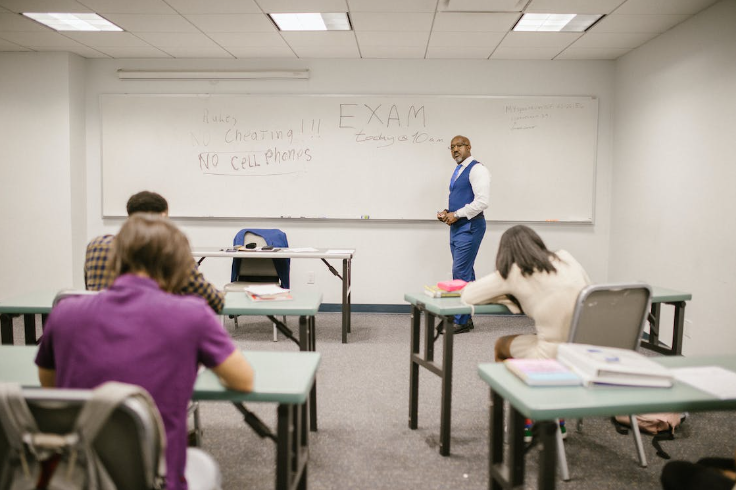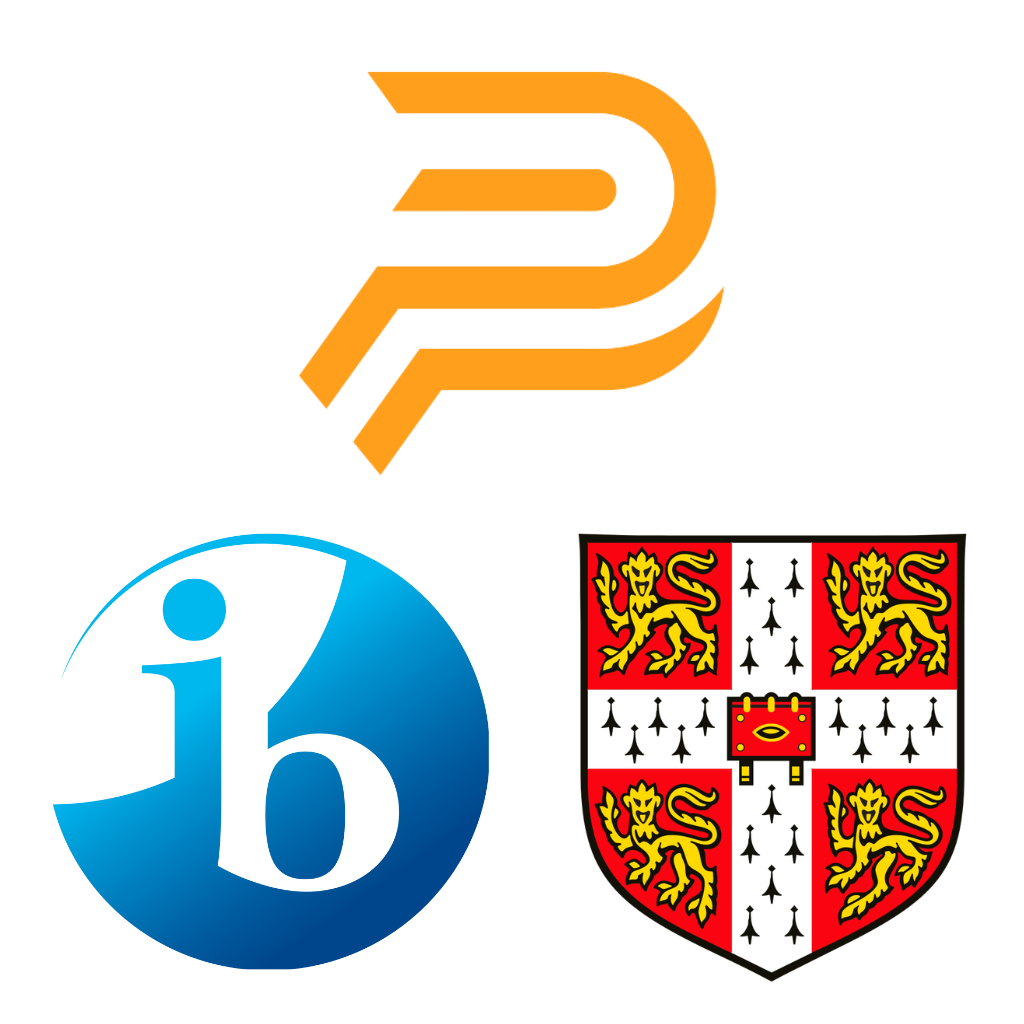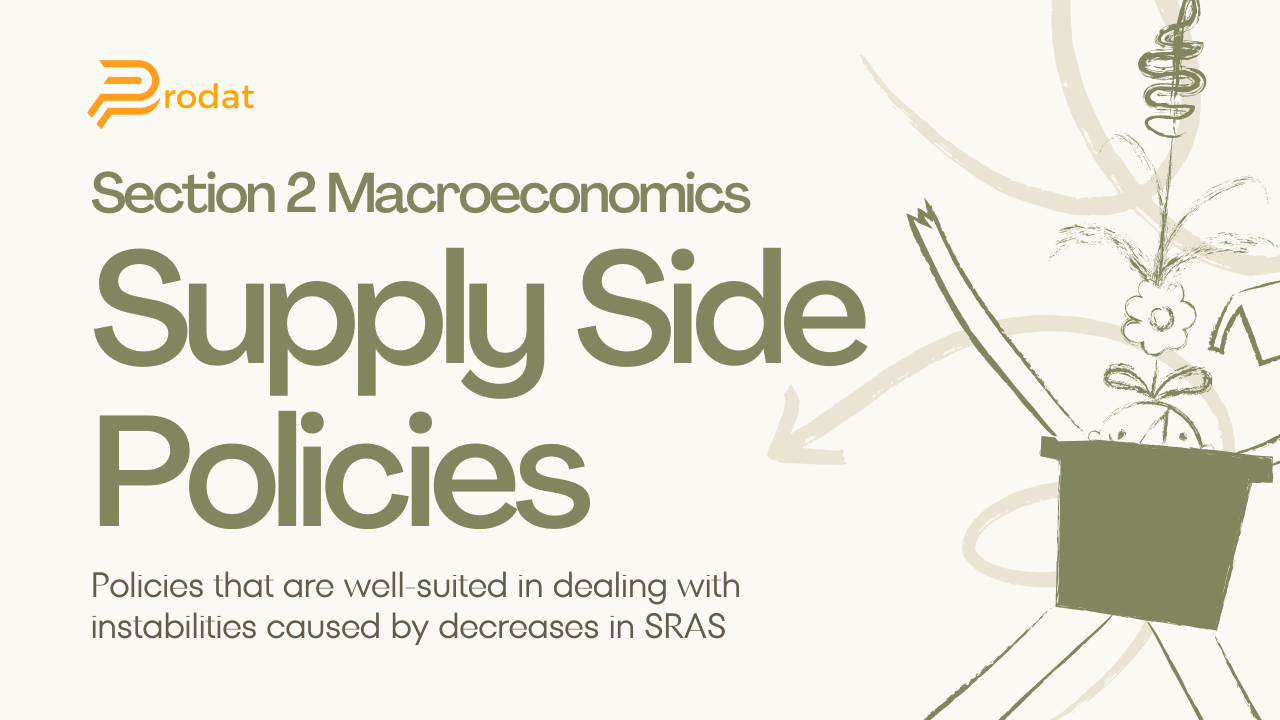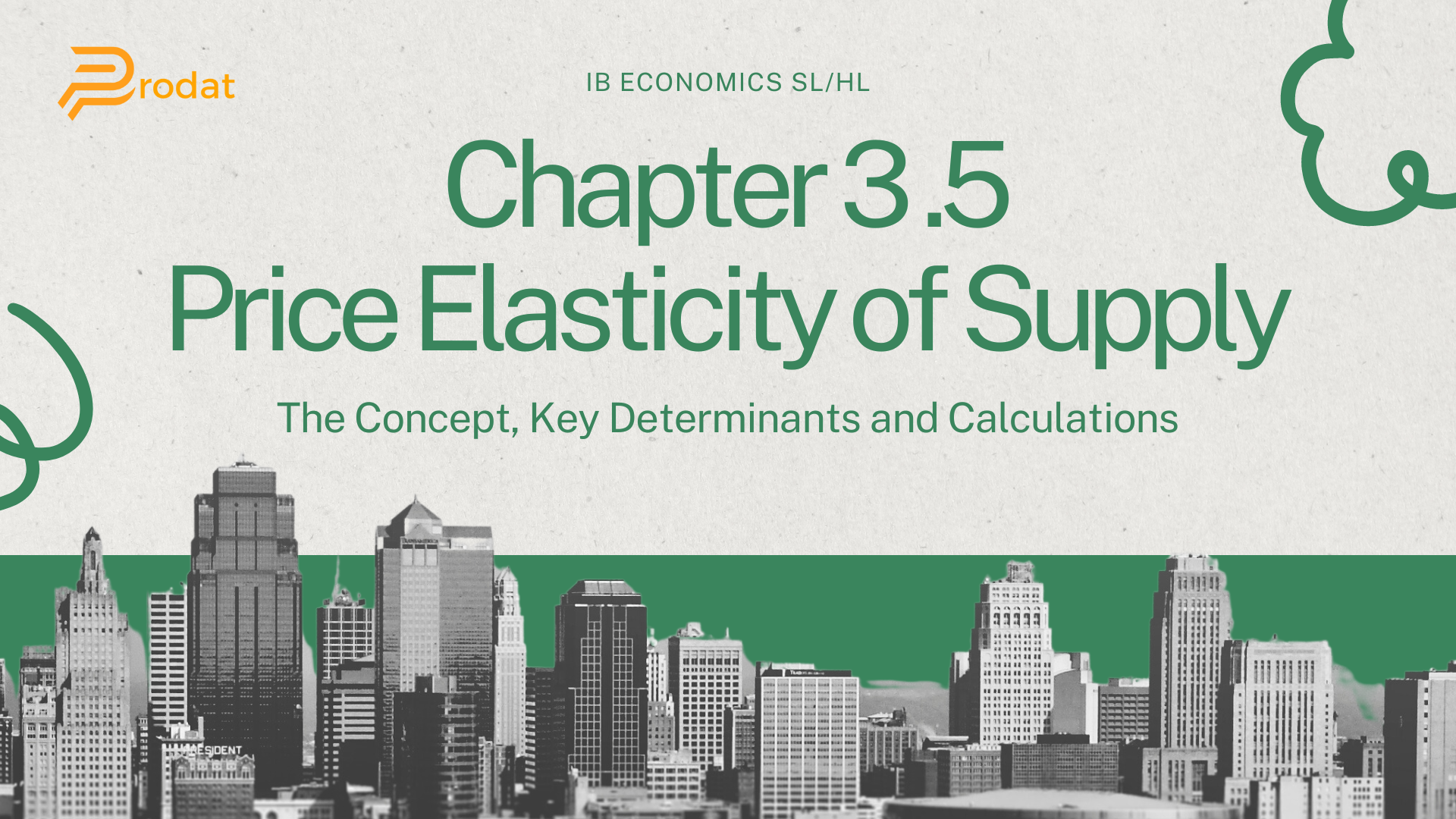
Table of Contents
Introduction
You will always have to study first, no excuses. Now before you bombard me with complaints and messages and emails and whatnot saying “but Isaac I wanna play Valorant” “but Isaac I wanna go out with my friends”, trust me, I’ve been in your shoes. I understand that you guys want to relax, I understand you want to play games, I understand you want to enjoy life with your friends.
I had to learn the hard way, because I too kept procrastinating my studies, especially in previous exams in previous grades. But now that I’ve experienced all that, I’m here to tell you about the 3 main things I learned to help me efficiently study for exams. I call it the “Morton Method.”

1. Study Tip #1: Plan your days out
I cannot stress this enough. Planning is important. Plan out what you’re going to study on what day. Note down the specific exam topics you have to review. Prepare your notes from class on the days you review your topics.
Even a simple plan such as the one below works: (Computer Science/IT/ICT)
-> Monday – Review types of storage, parts of a computer system, types of memory
-> Tuesday – Do past papers on these topics. Revise topics that I did poor in.
-> Wednesday – Review binary, denary, and hexadecimal
-> Thursday – Do past papers on these topics. Revise topics that I did poor in.
-> Friday – Do a whole past paper, timed. Review incorrect answers and revise weak topics.
2. Study Tip #2: Study
This step is pretty obvious. Study, but make sure you study WELL. It’s better to study well and remember the information than study poorly and forget the simplest detail. Stay organized, and remember to follow your plan. If you wish, you can also study more than you planned for.
I also suggest listening to music. Why? Let me explain.
One page of a book usually averages to about 250-500 words, depending on the spacing of the words. But get this. Songs ALSO average about 250-500 words. So if I asked you to recite any page of your favorite book, could you do it? I wouldn’t think so. But now, if I asked you to recite every word in the song “golden hour” by JVKE, could you do it? Most likely.
Now what separates a book between a song? A melody.
It has been scientifically proven that song melodies can help an individual to retain more information. It is the same reason why people listen to classical music when studying, since they’ll be able to recall information because of the associations that were made between the information studied and the melody of the song.
But let me make it clear. You are not required to listen to music, but I do highly encourage it.
3. Study Tip #3: Study again
Yes. I mean it when I say this. It never hurts to review a topic again and again, especially for me. Even though I only skimmed through the topic for about 10-15 minutes on one day, I now have some knowledge about the topic, and if I continue to constantly reread that information on other days, that information will eventually be stuck in my head. This also relates to my explanation about music in Step 2.
Eventually after hearing a song over and over again you’ll start to remember the lyrics and memorize them, so you can then sing along. That idea also relates to this. If I keep rereading the information over and over again, it will eventually be ingrained in my head.
Conclusion
Hope these tips and tricks help you as much as it did for me.
Get some more tips from a Harvard Student here!
Good luck for your exams! ⭐
P.S: Want some FREE IGCSE Physics tips and tricks? Click here!




